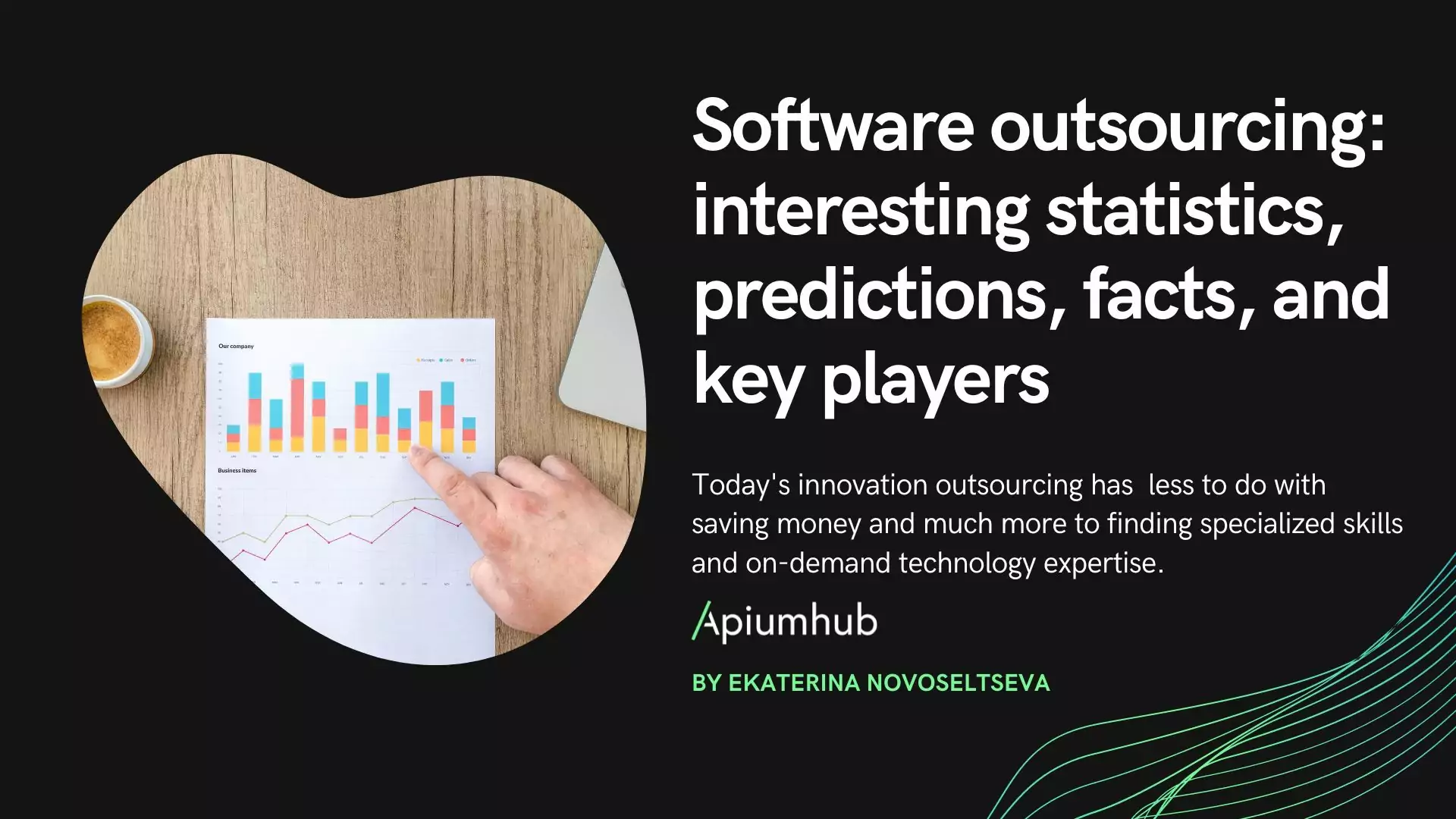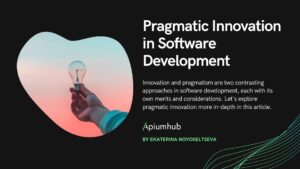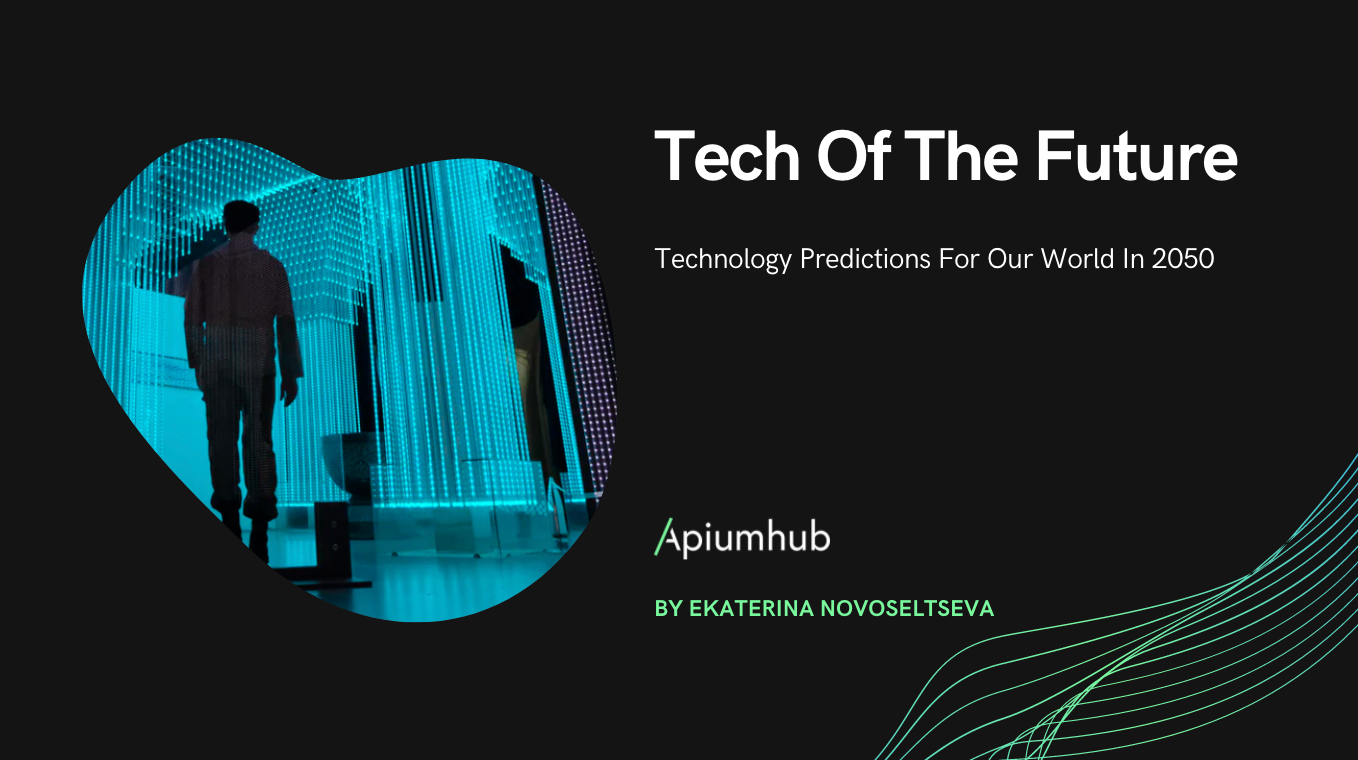Table of Contents
Change is the only constant in the technology world, and that’s particularly true in the realm of DevOps trends. More and more companies are implementing DevOps in their business workflow as they have realized its essence. This article will help you understand the latest DevOps trends that will accelerate the pace of innovation, disruption, and digitization in 2021.
DevOps trends
1. Infrastructure as Code
IaC is the first one on our list of DevOps trends. It continues to be perceived as a Standard. Infrastructure as code has become more than automation, it has become essential in DevOps. We have written a post about Infrastructure as Code, explaining it, you may find it here. It provides a declarative way to define and configure software systems. With tools like Hashicorp Terraform and AWS Cloudformation, teams can remove manual interaction with systems and truly create reusable building blocks of infrastructure.
Offering DevOps services, we believe Infrastructure as Code to be core to every team. In a world where the number of systems in use has quickly accelerated, without Infrastructure as Code, it would be nearly impossible to securely and sustainably manage them. Infrastructure as Code also versions your infrastructure and configuration management in a way that provides many benefits for teams. Among these benefits are having a clear source of record, increasingly ephemeral architecture, easier cloud-native adoption, and gaining the ability to make widespread changes to infrastructure very easily. Also, it allows to have full speed while setting up a complete infrastructure by running a script, consistency in deploying the same configurations, accountability, traceability, and high efficiency during the entire software development cycle.
“Infrastructure as Code (IaC) will take its stand even higher. It is a core tenet of DevOps in the cloud. Your infrastructure—i.e. servers, networks, and storage devices whether on-premises or in the cloud—defined as a code. This allows a company to automate and simplify its infrastructure. IaC also delivers a straightforward infrastructure version control system that allows teams to roll back to the “last configuration that worked” in case of a catastrophic failure. That means rapid recovery and reduced downtime.” – Niraj Tripathi, Senior Solutions Architect at Volvo Cars
2. DevOps automation
The second one on our list of DevOps trends es automation. DevOps works on the ideology of “Automate Everything”. Automation in DevOps aims to increase software delivery speed, minimize the lead time, reach the market faster, and improve workflow, flexibility, agility, etc. Automation in DevOps accelerates the pace of everything, whether it is building, deploying, or monitoring.
This year DevOps will rely on more advanced and autonomous techniques to generate automated outputs across various stages and activities within the lifecycle. DevOps experts believe that robotic process automation tools will invade the DevOps ecosystem and help with automation of manual and error-prone tasks for greater productivity. This will allow teams to cut down their test automation time.
Code reviews for better validation of post-code commits will also join standard unit testing and human code reviews. These will better enable the identification of more complex security, functionality, and performance issues. – Eran Kinsbruner, chief evangelist for Perforce Software
There also will be an upsurge in Continuous Configuration Automation (CCA) tools to manage and deliver configuration changes as code and its scope will expand into networking, containers, and security in the coming years.
This year, DevOps will get more advanced automation tools to generate a better accelerated output across stages within the DevOps pipeline.
“Automation & chaos engineering become much important, everything automated – build, deploy, test, infra and release. Faster, Repeatable, Customisable and Reliable automation is key to the success of any project.” – Nikhil Bhandari, Group Development Manager at Gibraltar India Development Center
3. GitOps
How do you automate the configuration of Kubernetes itself? How do you make new deployments faster while minimizing the possibility of human error at the same time? That’s also achieved by using Git to manage Kubernetes’s configuration files and any other artifacts it needs to run. When anything changes, a Kubernetes operator manages the process of informing Kubernetes and related orchestration tools and gradually pushing the deployed system to the desired state. GitOps may be the ultimate expression of infrastructure as code; we expect it to have a big impact in the coming year. It is this approach of treating a git repository as the single source of truth and using already established git workflows like merge/pull requests in order to make changes to infrastructure. Having a single source of truth, a secure repository that teams are already familiar with, and an established workflow that promotes change reviews and approvals makes it easier to adopt DevOps. Additionally, it moves DevOps infrastructure management closer to the development team’s purview.GitOps is a way to do Continuous Delivery. Automated CI/CD pipelines roll out changes to your infrastructure when commits are pushed and approved in Git. It also makes use of diff tools to compare the actual production state with what’s under source control and alerts you when there is a divergence.
“GitOps will become a norm. The ultimate goal of GitOps is to speed up development so that your team can make changes and updates safely and securely to complex applications running in Kubernetes.” – Soumen Sarkar, Principal Architect at Macy’s
4. Cyber resilience
In the past, most companies have taken a reactive approach to security: address breaches as they happen. That approach has failed time and time again. In the coming year, we expect companies to take a dynamic, holistic approach that strengthens their security posture. Steps toward resilience include having a robust identity and access management system and passwordless authentication.
“Security will become a high priority” – CloudSkiff
“DevOps and security teams will use intelligence-based code solutions to automatically build secure infrastructure, replacing manual attempts to fix vulnerabilities. Teams won’t have to spend limited financial and personnel resources building secure infrastructures. Rather, the trend will use artificial intelligence and machine learning to build secure infrastructure.”
—Lisa Azevedo, founder and CEO of Containn
5. DataOps
DataOps will definitely boom this year. Due to COVID and WFH situation, consumption of digital content is skyrocket high which demands a new level of automation for self-scaling and self-healing systems to meet the growth and demand.
“DataOps will boom. So far, DevOps are setting up systems for Logging, Monitoring, and Alerting only (ELK/EFK Stacks, Prometheus/Grafana/Alertmanager, and so on) Now, it is high time for DevOps to step up and use available data and metrics to generate valuable insights, learn and apply machine learning models to predict incidents or outages, develop automation which learns itself from the data and forecast capacity to improve budget planning. Many have already started calling MLOps/AIOps to this part.” – Nirav Chotai, Senior DevOps Engineer at Rakuten
6. DevSecOps
CISOs will embrace the DevSecOps model as it brings the “security first” approach to the DevOps process. DevSecOps integrates security and compliance testing into the development pipelines. It provides swiftness in speed and agility in security mechanisms, prompts responses towards change, leads to quick detection of vulnerabilities and bugs in code.
“DevSecOps will become a default part of DevOps. The “Sec” part of DevSecOps will become more and more an integral part of the Software Development Lifecycle. A real security “shift left” approach will be the new norm. There will be less dedicated security steps in the CI/CD pipelines and security automatic awareness and actions will be part of all pipeline steps. Starting from developer’s IDE, into the dependency and static code analysis. A software component will not be released without proper (automatic?) mediation of these issues. Customers will be delivered with true security issues free software.” – Eldad Assis, DevOps Architect at the CTO office at JFrog
Cloud-native security will rise higher on the agenda for CISOs as their organizations embrace Kubernetes, serverless, and other cloud-native technologies. It’s a significant cultural shift to embed security within DevOps practices, but it’s necessary: Businesses are moving to the cloud so they can deliver new features quickly and at high frequency, and security teams need to embrace new tools and processes to ensure that these deployments are safe as well as fast.
—Liz Rice, vice president, open-source engineering, Aqua Security
7. Predictive DevOps & BizDevOps
It will be the next transformation that will deliver business value. This is about using AIOps techniques across the delivery chain to be more efficient in delivering continuous value improvements for the business.
The concept of BizDevOps will be born. Business people will become part of the team that delivers digital instead of being a consumer of digital. – Lars Rossen, chief technology officer, Micro Focus
8. Kubernetes
Kubernetes is the leading container orchestration platform. Efficiency gets boosted by opting for the Kubernetes workflow, as it provides ease to the build/test/deploy pipelines in DevOps.
Being a relatively new technology, the supporting tools for Kubernetes are relatively new. Cloud operators and practitioners will continue to create new tools and evolve old ones in 2021, which should be to the benefit of many in the tech community. Tools focused around visibility, secrets management, and data science will continue to pop up.
9. Multicloud and hybrid
As IBM has said frequently, the cloud is a capability, not a destination. By the time most companies start thinking seriously about a cloud strategy, they already have pilot projects in multiple clouds. Mergers and acquisitions complicate the situation even more, as does data that has to remain on-premises for regulatory or security reasons. 2021 will be the year that companies adopt hybrid and multiclouds, removing the operational and developmental barriers between their own, on-premises IT and cloud providers.
10. Enhancing Self-service
As featured in a comprehensive State of DevOps report by Puppet, self-service for developers is on the ascent. Self-service capabilities are presently promptly accessible for the following DevOps practices: CI/CD work processes, Deployment designs, Provisioning databases, Alerts and monitoring, Logging Audits.
11. Chaos Engineering
Chaos Engineering will become an increasingly more important consideration in the DevOps planning discussions in more organizations.
Chaos Engineering will become an increasingly more important. If we think of DevOps within a framework of a traditional five levels of maturity model – Chaos Engineering would be a a 4th or 5th level discipline that would be included within the umbrella of DevOps practices. Just as the traditional role of a separate Testing / Quality Assurance group is folded into the discipline of DevOops – so too should Chaos Engineering.” – Kelvin Meeks, Consulting Architect/CTO at International Technology Ventures
“Chaos engineering – very critical aspect in today’s hybrid infra world” – Nikhil Bhandari, Group Development Manager at Gibraltar India Development Center
12. Site reliability and observability
There will be an increase in demand for site reliability engineers as well as emphasis on the tools that SREs need, covering: high-speed, actionable data allowing engineers to understand, prevent, and mitigate outages.
Author
-
Ekaterina Novoseltseva is an experienced CMO and Board Director. Professor in prestigious Business Schools in Barcelona. Teaching about digital business design. Right now Ekaterina is a CMO at Apiumhub - software development hub based in Barcelona and organiser of Global Software Architecture Summit. Ekaterina is proud of having done software projects for companies like Tous, Inditex, Mango, Etnia, Adidas and many others. Ekaterina was taking active part in the Apiumhub office opening in Paseo de Gracia and in helping companies like Bitpanda open their tech hubs in Barcelona.









